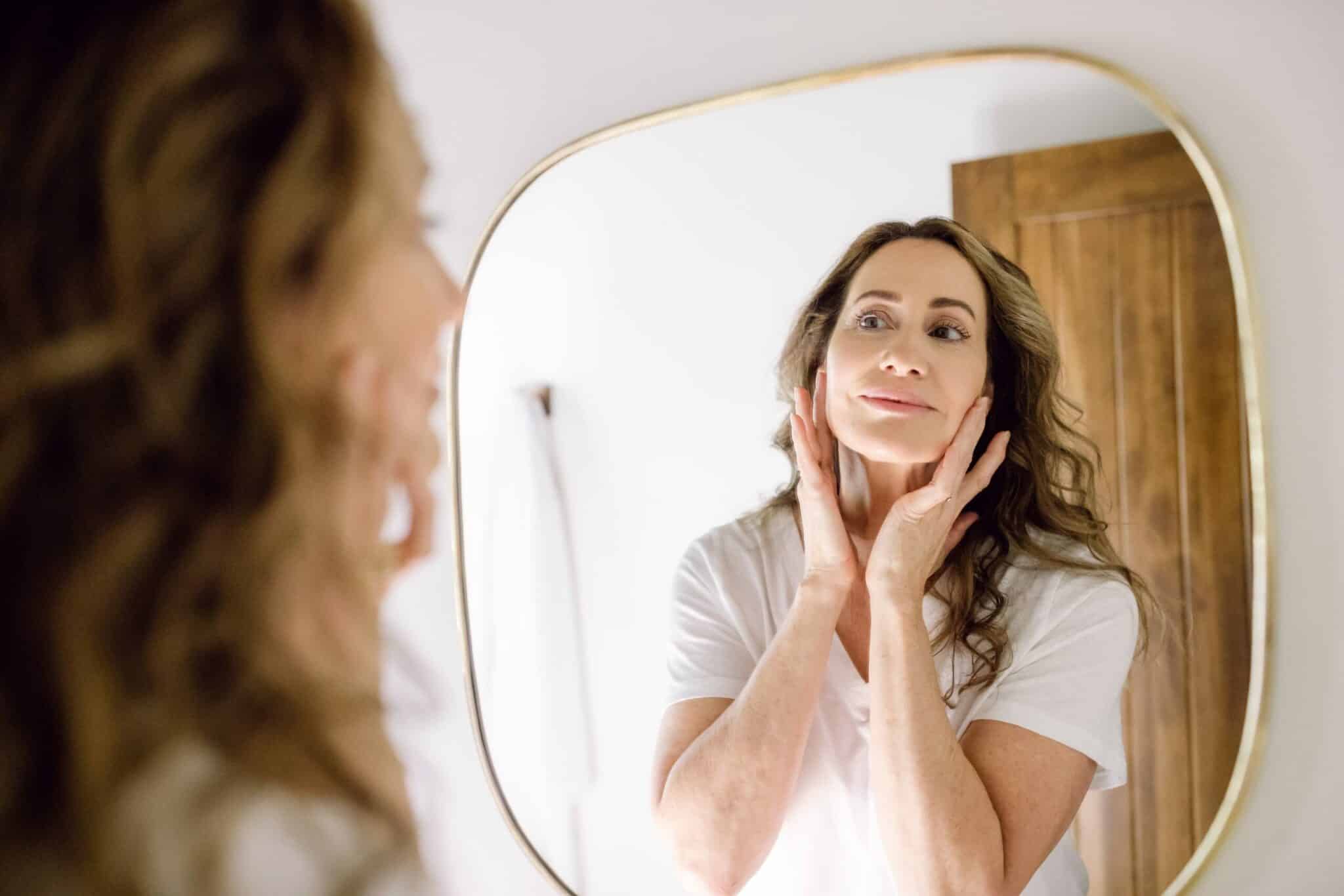
It has been said time and time again that sugar intake should be kept to a minimum for a myriad of health reasons and it’s becoming more common to see how it can change the appearance of your skin with accelerated aging through a natural process called glycation. Glycation, by definition, is the bonding of a sugar molecule to a protein or lipid molecule without enzymatic regulation. What does this mean for your skin? Let’s break it down…
Collagen and elastin are proteins that help keep the skin firm and supple. Collagen makes skin cells strong and resilient providing strength and structure to the skin. Elastin keeps the skin flexible while assisting stretched skin to regain its shape. As you age, collagen and elastin supplies start to break down and take your body longer to produce. External factors such as UV damage and smoking will break down collagen and elastin even faster.
Consuming large amounts of sugar, whether it’s from a natural source like fruit, added sugar, or even carbohydrates the body breaks down as sugar, will cause the presence of excess glucose in skin fibers. This triggers a natural reaction (glycation) where the sugar molecules adhere to the collagen and elastin proteins creating a bond that essentially hardens the structure taking away the flexibility of the protein and making it rigid. Diets high in sugar will accelerate glycation and the aging process. The wrinkles caused by this process will have a cross-hatched appearance.
In order to fight glycation a well-rounded approach will yield better results. A combination of decreasing sugar intake, increasing water consumption, and ingesting and/or supplementing antioxidants (leafy greens and berries) is a great start. When you sleep your body takes time to heal and regenerate itself, so getting those 6-8 hours of sleep is another key factor. Topical products containing ingredients high in antioxidants and anti-inflammatory properties paired with the overall healthy habits listed above will help slow down the aging process.